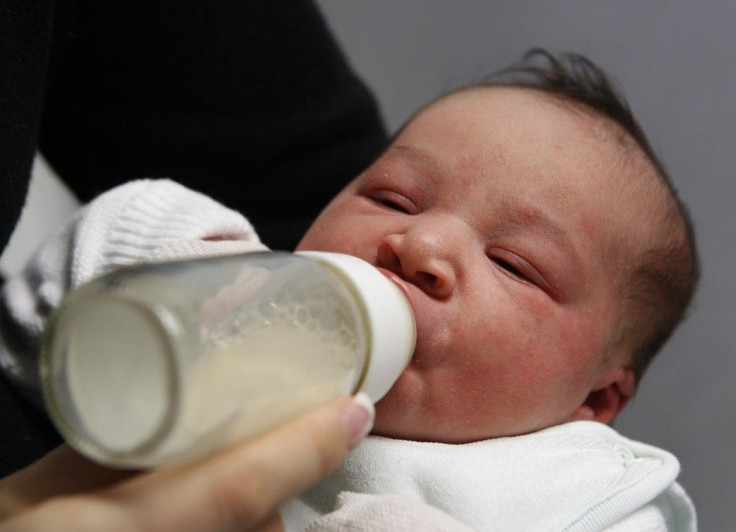'Poop' Alert: Determining The Child's Future Cognitive Status and IQ

A recent study claims that analysis of an infant's first stool sample might help determine if the child will suffer from any cognition-related problems later in life.
A team of researchers at the Case Western Reserve University in Ohio believes that a simple stool test during the early stages in life can help determine whether the child is at risk of developing problems related to reasoning and intelligence, due to prenatal alcohol exposure.
Meconium, that is, the first stool of the infant containing high levels of fatty acid ethyl esters (FAEE), is an indication that the baby has had alcohol exposure during pregnancy. During the study, the researchers found a link between high levels of FAEE present in meconium and cognitive problems developing later in life.
“We wanted to see if there was a connection between FAEE level and their cognitive development during childhood and adolescence, and there was,” confirmed lead researcher Meeyoung O. Min, in a statement. "Detecting prenatal exposure to alcohol at birth could lead to early interventions that help reduce the effects later."
The study, which has been published in the Journal of Pediatrics, is a part of the Project Newborn study. During the study, the researchers analyzed the level of FAEE in the meconium of 216 children at the time of the birth. Later, at the age of 9, 11 and 15, the same children were given an intelligence test.
The research team found that those who has higher levels of FAEE in meconium has lower IQ scores later in life. The ones who had lower FAEE were found to possess a greater IQ, and hence were more intelligent.
© Copyright IBTimes 2024. All rights reserved.





















